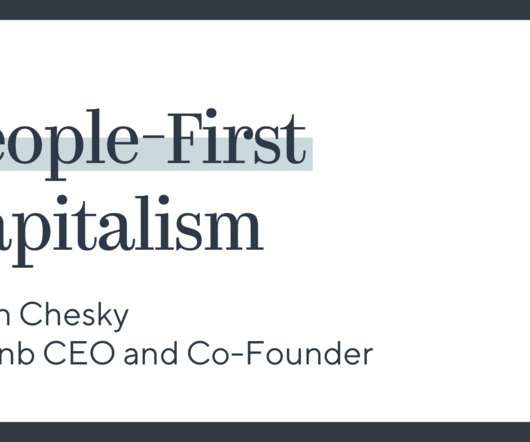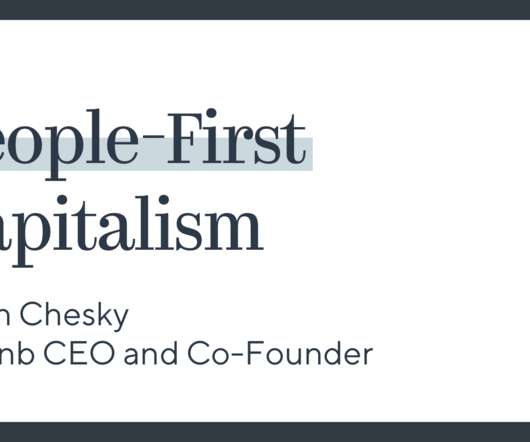What is the Right Burn Rate at a Startup Company?
Both Sides of the Table
SEPTEMBER 28, 2014
by Michael Woolf that is worth any startup founder reading to get a sense of perspective on the reality warp that is startup world during a frothy market such as 1997-1999, 2005-2007 or 2012-2014. Conversely if you’re burning $600,000 per month (yes, some companies do) then you only have 5 months of cash left.


















Let's personalize your content